Maximizing Tax-Exempt Income: The Importance of Accurate Record-Keeping
As an accounting firm, we understand that managing tax-exempt income can be a complex task, and one of the most important aspects of this is keeping accurate and up-to-date records of expenses related to this income. However, we have seen a growing trend of businesses neglecting this important task, which can lead to a number of serious consequences. In this blog, we will discuss the importance of maintaining accurate records of expenses related to tax-exempt income and provide some tips on how to do so effectively.
One of the main reasons why businesses fail to keep accurate records of their expenses related to tax-exempt income is that they simply don’t understand the importance of doing so. They may think that it’s not worth the time and effort to keep track of every little detail, or that it’s not necessary as long as they are receiving tax-exempt income. However, this couldn’t be further from the truth.
Properly maintaining records of expenses related to tax-exempt income is essential for a number of reasons. For one thing, it helps to ensure compliance with various tax laws. Tax-exempt income is still subject to certain rules and regulations, and expenses related to tax-exempt income may be subject to limits or restrictions. If a business doesn’t keep accurate records of these expenses, it could result in penalties and fines. Additionally, it can also lead to legal problems if the IRS audits the company and finds that they haven’t reported the tax-exempt income or hasn’t kept accurate records of the expenses.
Another important reason to keep accurate records of expenses related to tax-exempt income is that it can help to prevent fraud and abuse. For example, if a business doesn’t keep accurate records of its expenses, it may be more difficult to detect when a third party is misusing or abusing the tax-exempt income. This can lead to significant financial losses for the company.
In addition to the legal and financial consequences, failing to keep accurate records of expenses related to tax-exempt income can also lead to problems with maintaining accurate financial statements. These expenses can have an impact on the financial statements, and if not recorded correctly, they can lead to inaccurate financial reporting. This can have a ripple effect on the business, as it can lead to poor decision-making, and can also be a violation of Generally Accepted Accounting Principles (GAAP).
So, how can businesses ensure that they are keeping accurate and up-to-date records of their expenses related to tax-exempt income? The first step is to understand the importance of this task and commit to making it a priority. This may involve allocating more resources to record-keeping, such as hiring additional staff or outsourcing the task to a third-party provider.
Another important step is to establish clear policies and procedures for record-keeping. This should include guidelines for recording expenses, reporting expenses to the IRS, and submitting claims. It should also include procedures for addressing problems or disputes that may arise.
In addition, businesses should also invest in technology to help them manage their expenses related to tax-exempt income more effectively. This might include using software to track and manage expenses, claims processing, and other related tasks. This will help to ensure that records are accurate, up-to-date, and easily accessible.
Finally, businesses should also make sure that they are communicating effectively with third parties about tax-exempt income. This should include providing clear and detailed information about the income, as well as regular updates on changes and developments. By keeping third parties informed, businesses can help to ensure that they are making the most of the tax-exempt income and that they are satisfied with the way the income is being managed.
In conclusion, keeping accurate and up-to-date records of expenses related to tax-exempt income is essential for any business. Failing to do so can lead to a number of serious consequences, including legal problems, financial losses, and problems with maintaining accurate financial statements. By understanding the importance of this task and committing to making it a priority, businesses can help to ensure that they are in compliance with tax laws, prevent fraud and abuse, and maintain accurate financial records. It is important to remember that accurate record-keeping is not only a legal requirement but also a good business practice that can help businesses make better decisions, streamline processes and avoid disputes. As an accounting firm, we are here to assist our clients in navigating these complex issues and providing guidance in keeping accurate records of expenses related to tax-exempt income. By working together, we can help our clients ensure that they are properly utilizing tax-exempt income and that they are in compliance with all relevant laws and regulations.

